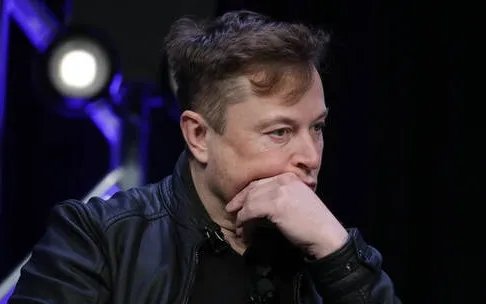In the ever-evolving landscape of artificial intelligence, a new controversy has emerged that has caught the attention of the tech world and beyond. Elon Musk, one of the most influential figures in the global AI conversation, has been accused of “trying to harm OpenAI in every way.” This accusation marks a significant turn in Musk’s complex relationship with OpenAI, the AI research lab he co-founded in 2015. Once seen as a visionary leader pushing for AI safety, Musk is now under fire for allegedly attempting to sabotage the very organization he helped build.
This explosive claim not only sheds light on the inner conflicts within the AI community but also raises questions about the ethical responsibilities of powerful tech moguls in the age of artificial intelligence. Let’s dive into the roots of this controversy, explore the evidence and counterclaims, and understand how it could reshape the future of AI development.
### The Origins of the Rift: From Co-founder to Critic
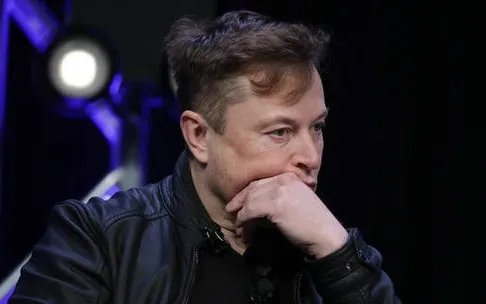
Elon Musk’s history with OpenAI is deeply intertwined with his broader concerns about AI safety. When OpenAI was founded in 2015, its mission was to ensure that artificial general intelligence (AGI) would benefit all of humanity. Musk, alongside other prominent figures like Sam Altman, supported the nonprofit’s commitment to transparency and open-source development.
However, as OpenAI evolved, so did its structure and priorities. In 2019, OpenAI shifted from a nonprofit to a capped-profit model—OpenAI LP—to attract funding for expensive research. Musk publicly criticized this transformation, claiming it betrayed the original mission of the organization. He withdrew support, ended collaboration, and began launching his own initiatives in the AI space, including his newest company, xAI.
What started as a divergence in vision has now escalated into outright hostility, with current reports indicating that Musk is allegedly engaged in actions designed to undermine OpenAI’s progress and credibility.
### The Accusation: “Trying to Harm OpenAI in Every Way”
The phrase “trying to harm OpenAI in every way” comes from a recent public statement made by OpenAI’s leadership. According to the organization, Musk has used his influence, resources, and platforms to discredit OpenAI, challenge its operations, and distract its mission. This includes:
– **Public attacks** on social media against OpenAI’s management, especially targeting CEO Sam Altman.
– **Legal threats**, including a lawsuit filed by Musk in early 2024, claiming that OpenAI has strayed from its original nonprofit intentions.
– **Spreading disinformation**, allegedly suggesting that OpenAI has dangerous motives or is recklessly developing AGI.
– **Launching a competing AI firm**, xAI, with the goal of dethroning OpenAI in the race for AI dominance.
The accusation goes beyond simple rivalry. It implies a coordinated effort to erode public trust in OpenAI and disrupt its operational stability, particularly in the wake of its partnership with Microsoft and its release of powerful models like GPT-4 and GPT-5.
### Musk’s Perspective: Protecting Humanity or Personal Vendetta?
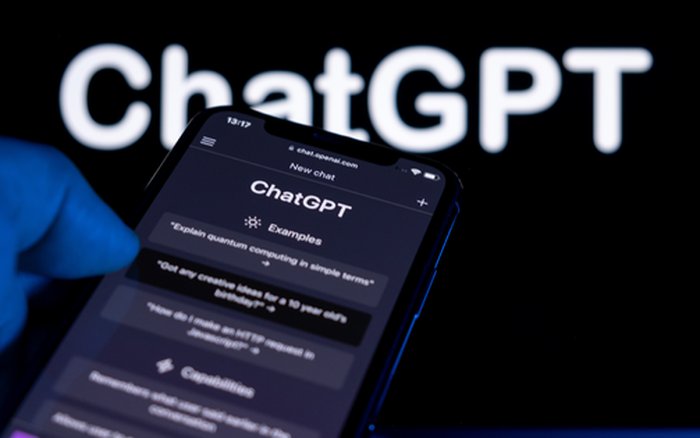
Elon Musk, in response to the growing criticism, has framed his actions as a moral imperative. In multiple interviews and tweets, Musk has warned against the potential existential risks of AGI if not properly regulated or aligned with human values. He argues that OpenAI, in its current form, is no longer committed to transparency and open collaboration.
Musk has expressed particular concern over OpenAI’s close ties with Microsoft, a tech giant that now holds significant influence over the direction of the organization’s commercial products. He claims this alliance gives a private corporation too much control over potentially world-altering technologies.
But critics argue that Musk’s concerns may be less about ethics and more about control. By founding xAI and positioning it as a more “trustworthy” alternative, Musk could be attempting to dominate the AI field on his own terms—using fear, legal action, and media influence to weaken competitors.
### Legal and Ethical Dimensions
Musk’s lawsuit against OpenAI centers on the allegation that the organization violated its original nonprofit charter. He argues that by transforming into a for-profit company and engaging in exclusive partnerships, OpenAI has betrayed the public interest.
Legal experts are divided on the merits of the case. Some argue that OpenAI’s governance model—using a capped-profit structure overseen by a nonprofit board—still honors its foundational goals. Others suggest that the legal ambiguity around AI governance and corporate responsibility makes this case a landmark moment for tech law.
Ethically, the situation is equally murky. Should a co-founder be allowed to sue the organization he helped create for evolving in response to market realities? And is it ethical for one of the world’s richest individuals to launch a public crusade against a former partner?
### The Impact on the AI Industry
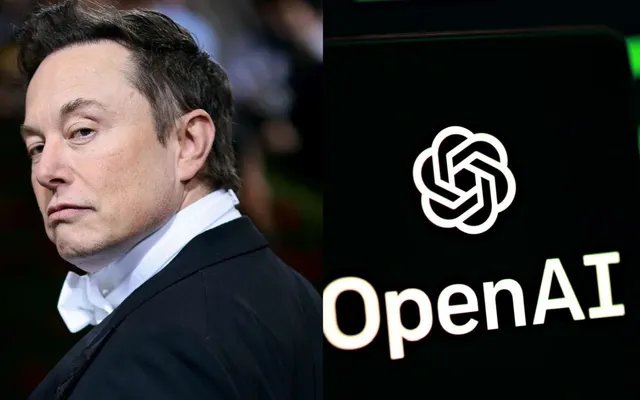
This high-profile conflict between Elon Musk and OpenAI could have far-reaching consequences for the broader AI community. Here are a few key implications:
1. **Distrust Among Collaborators**: The fallout may discourage future cooperation between AI firms, reducing the possibility of cross-institutional research and safety protocols.
2. **Increased Regulation**: Governments and regulatory bodies may use this dispute as justification to tighten oversight of AI labs and their business models.
3. **Public Confusion**: With both sides accusing each other of ethical lapses, the public may struggle to discern which AI organization can be trusted.
4. **Fragmentation of AI Development**: The rise of competing visions—OpenAI, xAI, Anthropic, DeepMind—could lead to redundant efforts rather than unified progress toward safe and beneficial AGI.
### xAI vs OpenAI: Battle of the Titans
With Musk’s xAI officially launched, the rivalry between the two companies is more than philosophical—it’s commercial and technological. xAI is working on a chatbot named Grok, designed to compete directly with OpenAI’s ChatGPT. Early reports suggest Grok will be integrated into X (formerly Twitter), giving it immediate access to millions of users.
OpenAI, meanwhile, continues to dominate the AI space with its cutting-edge models, massive developer ecosystem, and enterprise integrations via Microsoft’s Azure cloud.
The battle is not just about algorithms—it’s about ideology, branding, and influence. While OpenAI emphasizes alignment and safety, xAI markets itself as a “truth-seeking” alternative, supposedly more transparent and free from Big Tech interference.
### Voices from the Tech Community
The tech community is sharply divided on the matter. Some engineers and AI ethicists back Musk’s warnings, arguing that OpenAI’s turn toward commercialization is risky and opaque. Others believe Musk’s actions are destructive, motivated by ego and market ambition rather than genuine concern.
Prominent AI researchers have called for de-escalation and collaboration, warning that infighting only benefits those who want AI development to remain unregulated and profit-driven.
### A Warning for the Future
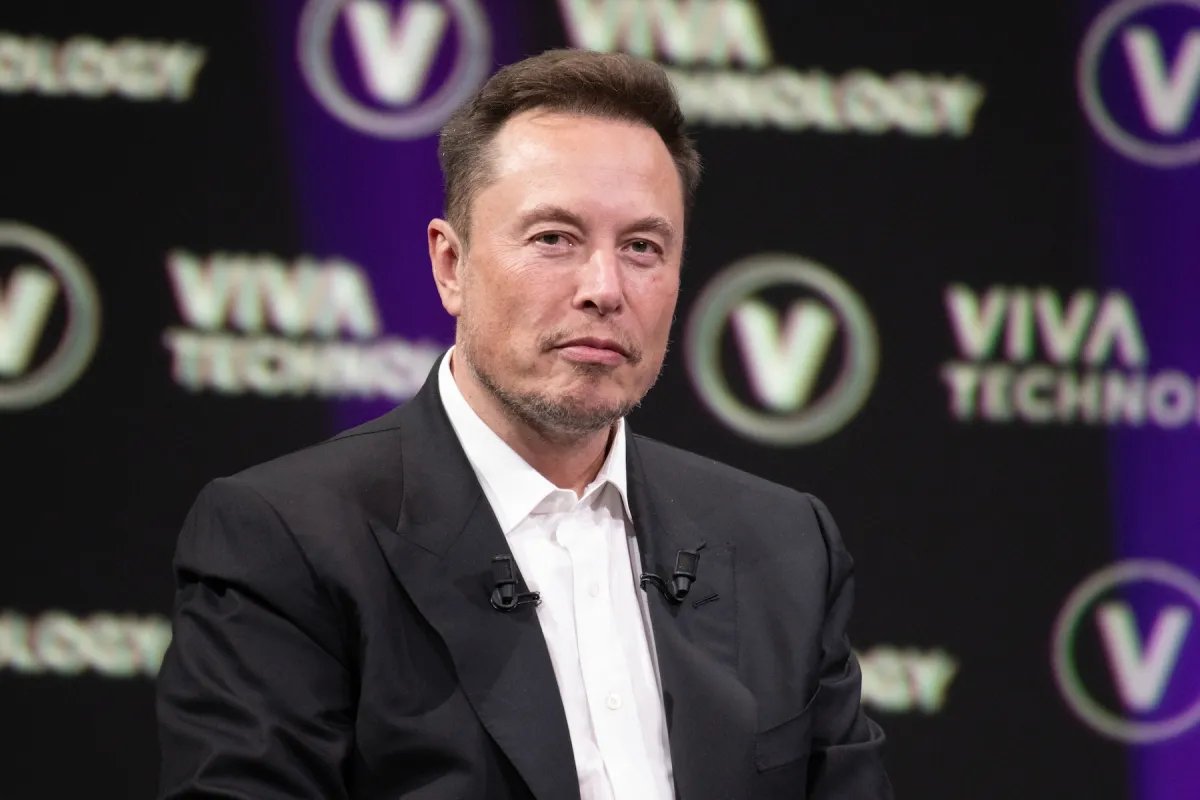
This unfolding feud serves as a stark reminder of how power, ambition, and ideology collide in the AI industry. At its core, this is a battle over the future of intelligence itself—who controls it, who benefits from it, and how it’s kept safe.
While accusations fly and legal battles rage, the world continues to inch closer to the creation of powerful AGI systems. In this critical moment, transparency, cooperation, and ethical clarity are more important than ever.
### Conclusion: What Comes Next?
The accusation that Elon Musk is “trying to harm OpenAI in every way” is more than a headline—it’s a symbol of the growing turbulence in the AI world. Whether motivated by genuine ethical concern or personal rivalry, Musk’s actions have undeniably reshaped the trajectory of AI discourse.
As the legal battles unfold and new AI tools continue to emerge, the tech industry—and indeed, the world—must reckon with big questions: Can AI be developed safely without unity? Should public interest take precedence over profit? And who, if anyone, has the moral authority to guide the future of intelligence?
In the end, the clash between Musk and OpenAI may not just determine who leads the AI revolution—it may define what kind of revolution it becomes.
